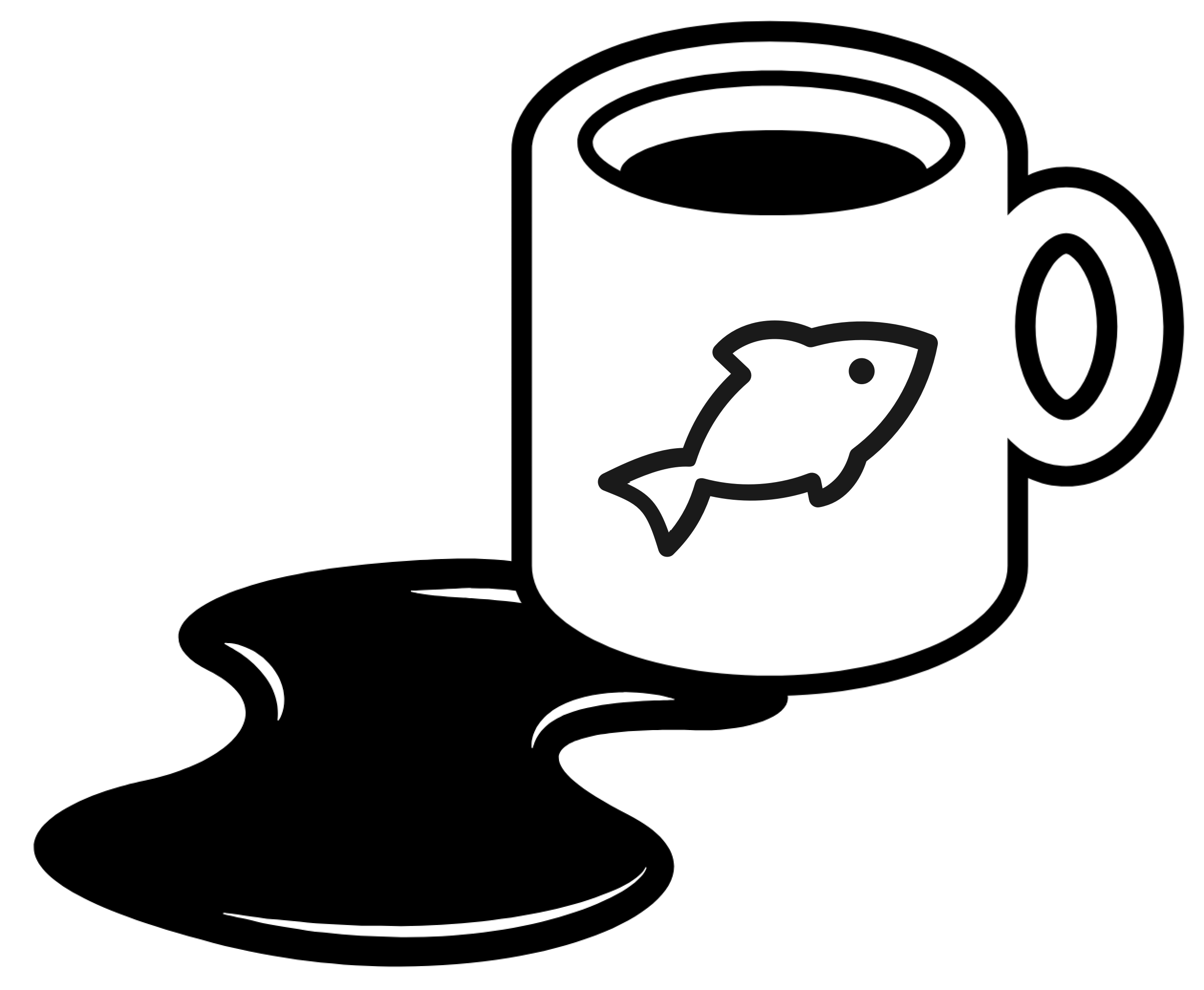There’s an interesting “myth” which keeps being defended against when discussing working remotely: “people who work from home work less”.
In truth, this myth is being mostly perpetuated by those who are working from home, feeling they have to defend themselves.
I'm suggesting that rather than promoting working remotely as more effective, we should be embracing working remotely as equally ineffective.
Poor management processes have trained us in having to prove our self-worth often by being visible, rather than doing good work. Remote working challenges not only team leaders to rethink how they understand work being done, rather than presenteeism, but also individuals through having to undo years of cultural pressure to "look like you’re working hard”, and when a watchful eye is removed, the guilt doubles down and we feel like we have to over-perform to show we’re working. This leads to negative impact upon our mental health, and ultimately poorer and less work being done.
In turn, people who work remotely (and let’s be absolutely clear, working remotely doesn’t mean working from home, you’re allowed to pick wherever you feel like you can work best from) end up working more and doing less.
____
Data from Airtasker discovered that remote employees work 1.4 more days per month than their office-based colleagues, and office workers took shorter breaks than remote workers.
There are no shortage of articles, with the rise of coronavirus enforcing many to work from home without any previous experience of doing so, on how to ‘be productive’ when working remotely - listing tips like blocking out times of the day, hyper focus techniques like pomodoro, and shutting off all notifications on devices so you can work, work, work.
Can we all just stop for a moment!?
Who works this productively when they’re at work?
Who doesn’t take 25 minutes to make and drink a cup of tea whilst chatting to colleagues?
Who doesn’t take slightly longer when waiting for the printer to get unjammed?
A state of hyper-productivity is not natural, normal or effective - we all need to slack off more, rather than be on Slack more.
Rest: fag breaks, chatting with colleagues, ranting about someone, staring out of the window, lunch breaks, waiting for the kettle to boil, getting bored, looking at holiday plans, texting a friend - these are all parts of modern working life which should be embraced, not discouraged.
We are not robots - but beings with emotional needs and fluctuating energy levels. We have varying work that requires varying states of engagement, environment and energy, and not being 100% efficient is essential. In fact, the only way to be 100% efficient is to take breaks and get distracted - breaks helps us to be more productive, more creative, more healthy.
And being constantly-connected is not realistic or help either.
Imagine if offices worked like Slack.
A constant barrage of people turning up to your desk unannounced, telling you what they're doing, and wandering away again. Or worse, being encouraged to review transcripts of every single conversation in the office, all of the time, all day. A buzz on your phone every time someone on the other side of the building explains to someone they've just made an update, or being involved in every single question someone asks.
We moan about meeting culture, yet are moving to day-long meetings without an agenda.
When we're remote, we err towards over-communicating, to again show that we're doing, that we're busy, that we're working, rather than taking a moment to catch-up, or to plan gatherings where we need to agree and discuss and share. You don't need to be constantly paying attention to things. It's okay to not listen or look at the feed. Slack off, and get off Slack.
So if you’re working remotely.
Watch cat videos.
Wear your PJs.
Eat some biscuits.
Call a friend.
Take a nap.
Feel free to ignore people.
Look at instagram.
Go for a walk.
Do what works for you.
And at the end of the day: switch off.
You’ve done a decent day of work (probably more than you got done at the office).
Say goodnight to your colleagues. Put the laptop away.
You're allowed.
We all need to give ourselves a break, literally and emotionally - else we risk burning out from the very same modern working practices which promise a better way of working.


